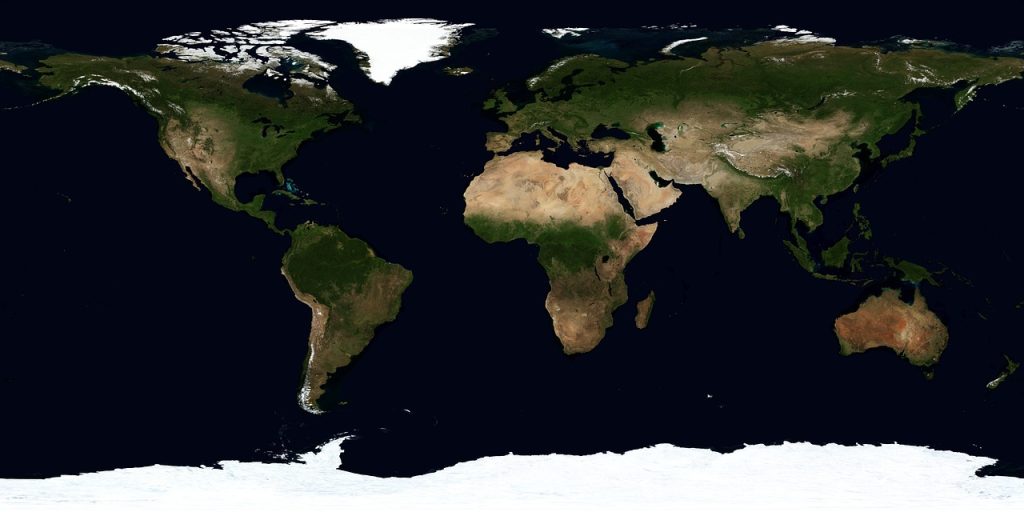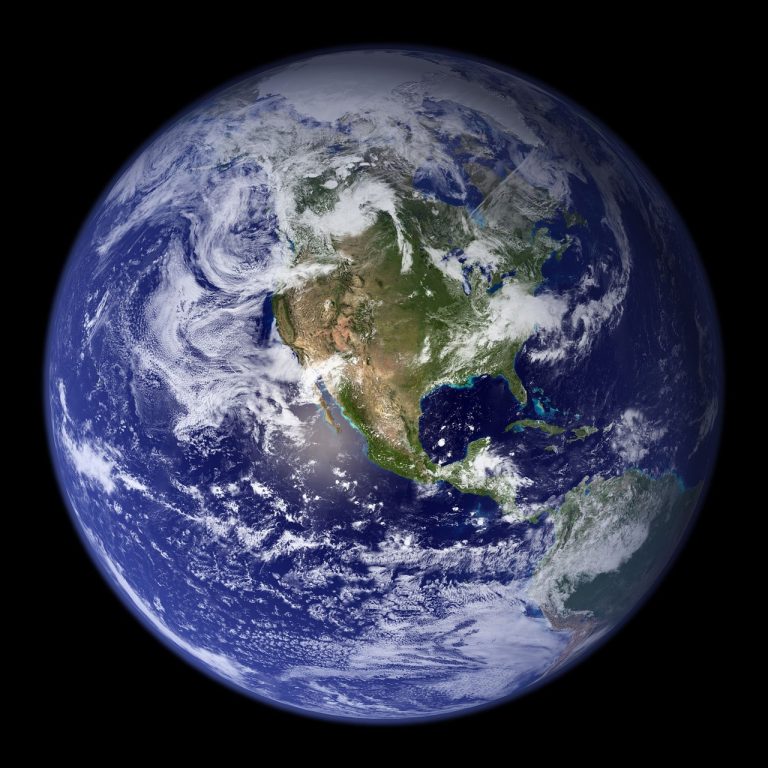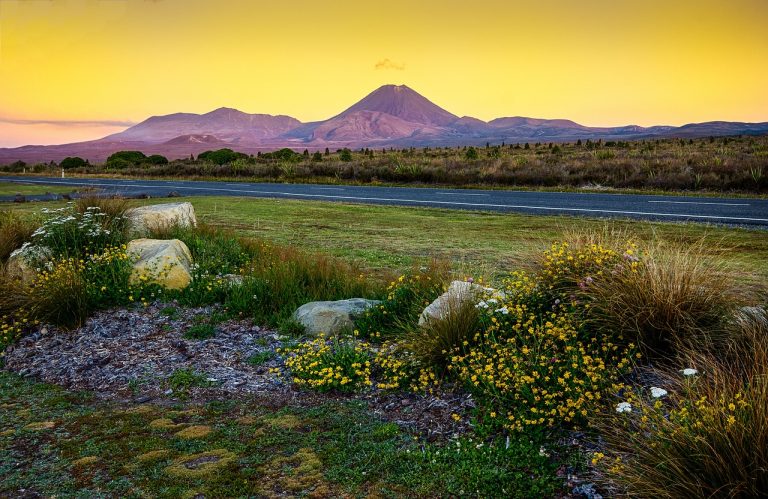
In today’s fast-paced world, it’s easy to get swept away by the headlines that dominate our news feeds. But have you ever stopped to wonder what they’re not telling you? Beneath the surface of mainstream media lies a treasure trove of underreported global events and issues that are just as crucial, if not more so, than the stories that make the front page. This article aims to shine a light on those hidden narratives, revealing the shocking truths that shape our world today.
Imagine a vast ocean of information, with only the surface waves visible. The currents beneath carry stories of conflict, environmental crises, human rights violations, and economic inequality that are often ignored. These stories deserve our attention because they impact lives and communities in profound ways. For instance, while we hear about wars in popular regions, countless other lesser-known conflicts are raging, affecting local populations and global stability.
Moreover, as climate change continues to be a hot topic, many environmental disasters go unnoticed. From deforestation to pollution, these issues are silently wreaking havoc on our planet. The long-term effects can be catastrophic, not just for the environment but for humanity as a whole. Similarly, human rights abuses are rampant in many corners of the world, yet they often slip under the radar. It’s time we recognize these injustices and take action.
Lastly, let’s not forget about the growing economic disparities that are reshaping societies. The gap between the rich and the poor is widening, leading to unrest and dissatisfaction. Addressing these issues is not just a moral imperative; it’s essential for global harmony. So, as you scroll through your news feed, remember that there’s a deeper story waiting to be told—one that could change your perspective on the world.
Uncovering Hidden Conflicts
In a world saturated with news, it’s astonishing how many conflicts slip through the cracks of mainstream media. While we often hear about high-profile wars, there are countless hidden conflicts that impact the lives of millions yet remain largely unreported. For instance, the ongoing unrest in regions like the Sahel and Yemen often gets overshadowed by more sensational headlines. These conflicts may not grab the front page, but they have profound implications for local communities and global stability.
One of the most alarming aspects of these hidden conflicts is the human cost. Civilians bear the brunt of violence, displacement, and poverty. In many cases, families are torn apart, and children are left without access to education or healthcare. For example, in the Democratic Republic of the Congo, armed groups continue to exploit resources, leading to widespread suffering. The international community often turns a blind eye, leaving these populations to fend for themselves.
Moreover, the political ramifications of these conflicts can ripple across borders, affecting global security. The Syrian civil war is a prime example, where the fallout has led to a refugee crisis impacting Europe and beyond. As we delve deeper into these underreported stories, it’s crucial to ask ourselves: how can we raise awareness about these issues? What role can we play in advocating for those who are suffering in silence?
By shining a light on these hidden conflicts, we not only honor the resilience of those affected but also challenge ourselves to become informed global citizens. It’s time to move beyond the headlines and explore the stories that truly matter.
Environmental Crises Ignored
In a world where headlines are often dominated by political dramas and celebrity gossip, environmental crises frequently slip through the cracks of mainstream media. It’s astonishing to think about the myriad of ecological disasters that are unfolding right under our noses, yet they barely make a blip on our radar. For instance, while many are aware of climate change, how many know about the devastating effects of deforestation in the Amazon or the alarming rate at which coral reefs are disappearing?
Consider this: the Amazon rainforest, often dubbed the “lungs of the Earth,” is facing unprecedented destruction. Each year, thousands of acres are being cleared for agriculture and logging, leading to a significant loss of biodiversity. This isn’t just an environmental issue; it’s a matter of survival for countless species and indigenous communities. The implications are profound, as these forests play a crucial role in regulating our climate and maintaining global ecological balance.
Moreover, let’s not forget about the plastic pollution crisis that continues to grow. It’s estimated that by 2050, there will be more plastic in the ocean than fish. This alarming statistic highlights the urgent need for action. The impact on marine life is catastrophic, with countless animals ingesting or becoming entangled in plastic debris. The ripple effects of these crises extend beyond wildlife, affecting food chains and ultimately human health.
To truly grasp the scale of these environmental challenges, we must start paying attention to the stories that are often overlooked. Here are a few critical issues that deserve more coverage:
- Air Pollution: Cities around the world are grappling with toxic air quality, leading to severe health issues.
- Water Scarcity: Many regions are facing acute water shortages, threatening agriculture and drinking supplies.
- Biodiversity Loss: Species extinction rates are accelerating, which could disrupt entire ecosystems.
In conclusion, the environmental crises we often ignore are not just distant problems; they are pressing issues that demand our attention. By shining a light on these hidden stories, we can begin to understand the true state of our planet and the urgent actions needed to protect it.
Human Rights Violations
Every day, countless individuals face that go unnoticed by the mainstream media. These aren’t just statistics; they are real people with dreams, families, and lives disrupted by oppression. Imagine waking up in a world where your basic rights are stripped away, where fear is a constant companion. This is the harsh reality for many across the globe.
From the streets of Myanmar to the detention centers in Xinjiang, the stories of injustice are both shocking and heartbreaking. Many governments have turned a blind eye to their own citizens, allowing abuses to flourish unchecked. For instance, in regions where protests for freedom have erupted, we often see a brutal crackdown on dissent. The narratives of these individuals are often silenced, leaving the world unaware of their plight.
Here are some key human rights violations that deserve our attention:
- Suppression of Freedom of Speech: Many activists are jailed for simply expressing their opinions, creating a climate of fear.
- Discrimination: Marginalized communities face systemic discrimination, affecting their access to education, healthcare, and employment.
- Forced Displacement: Conflict and persecution lead millions to flee their homes, facing dire conditions in refugee camps.
We must ask ourselves, what can we do to help? Awareness is the first step. By shining a light on these issues, we can pressure governments and organizations to take action. It’s not just about reading the headlines; it’s about understanding the stories behind them. We have the power to advocate for change, to stand up for those who cannot stand up for themselves. Let’s not allow these voices to be drowned out in the noise of everyday life.
Economic Inequality and Its Impact
The world is witnessing a staggering rise in economic inequality, and it’s a topic that often gets brushed aside in mainstream discussions. Have you ever wondered how the wealth gap affects not just the rich and poor, but the very fabric of society? It’s like a balloon that’s been inflated too much; eventually, something’s got to give. This widening chasm between the affluent and the underprivileged is not just a statistic—it’s a reality that shapes lives, communities, and even nations.
Consider this: according to a recent report, the wealthiest 1% of the global population owns more than half of the world’s wealth. This imbalance can lead to a plethora of societal issues, such as increased crime rates, political instability, and a decline in social mobility. When the majority of resources are hoarded by a few, it creates a ripple effect that can destabilize entire economies. Think of it as a game of Jenga; remove too many blocks from the bottom, and the entire structure is at risk of collapsing.
Moreover, economic inequality often results in limited access to education and healthcare for the less fortunate. When families struggle to make ends meet, investing in their children’s education becomes a luxury they cannot afford. This perpetuates a cycle of poverty that is hard to break. A recent study found that children from low-income families are significantly less likely to graduate from high school compared to their wealthier peers. The implications? A workforce that is less skilled, less innovative, and ultimately, less productive.
Addressing economic inequality isn’t just a moral imperative; it’s essential for global stability. Governments and organizations must implement policies that promote fair wages, equitable access to education, and social safety nets. If we don’t act now, we risk fostering a world where the divide between the haves and have-nots becomes insurmountable. It’s time to shine a light on this issue and push for change that benefits everyone, not just the privileged few.
Emerging Global Health Threats
In a world still reeling from the impacts of the recent pandemic, it’s crucial to shine a spotlight on that are often overlooked. While COVID-19 dominated headlines, other diseases are quietly lurking in the shadows, waiting to pounce. Have you ever wondered what health crises are brewing beneath the surface? From antibiotic resistance to neglected tropical diseases, the reality is more alarming than many realize.
One of the most pressing issues is antimicrobial resistance (AMR), which is projected to cause 10 million deaths annually by 2050 if left unchecked. This silent epidemic is fueled by over-prescription of antibiotics and their use in livestock. The implications are staggering: minor infections could become deadly, and routine surgeries might carry life-threatening risks. It’s a ticking time bomb that demands immediate attention.
Additionally, diseases like Dengue fever and Zika virus are on the rise, particularly in tropical regions. These illnesses are not just local concerns; they can cross borders rapidly in our interconnected world. For instance, the World Health Organization has reported a dramatic increase in dengue cases, with over 390 million infections estimated annually. As climate change alters weather patterns, these mosquito-borne diseases are likely to spread to new areas, putting more lives at risk.
Moreover, mental health issues are emerging as a significant health threat, exacerbated by the isolation and anxiety brought on by the pandemic. The stigma surrounding mental health often prevents individuals from seeking help, leaving many to suffer in silence. According to a recent study, nearly 1 in 5 adults reported symptoms of anxiety or depression during the pandemic, highlighting the urgent need for awareness and support.
In conclusion, while the world focuses on immediate crises, we must not ignore these emerging health threats. By raising awareness and taking proactive measures, we can safeguard our future and ensure that we are prepared for whatever challenges lie ahead.




